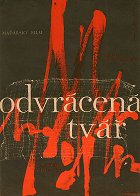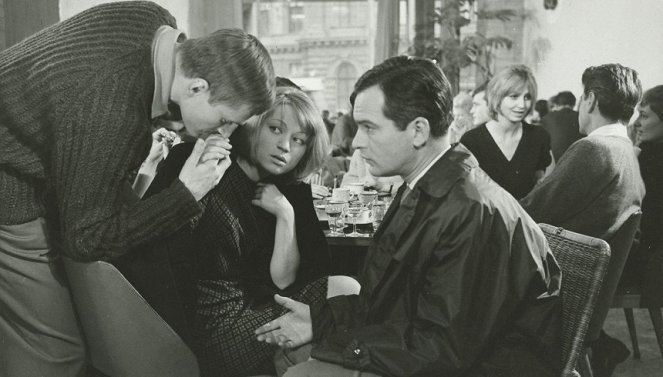Directed by:
Miklós JancsóCinematography:
Tamás SomlóComposer:
Bálint SárosiCast:
Zoltán Latinovits, Andor Ajtay, Béla Barsi, Miklós Szakáts, Gyula Bodrogi, Edit Domján, Mária Medgyesi, Gyöngyvér Demjén, János Koltai, István Avar (more)Plots(1)
This film is the first confession on film, made by the generation of "shiny winds", about young but already acknowledged intellectual life, about facing traditions. The surgeon Jámbor Ambrus is served an unusual lesson by his retired professor, shown as "historical relic", who proves his perseverance, knowledge and humanness with an especially difficult heart-surgery and the bringing to life of a patient again. Ambrus's belief in himself is suddenly uprooted, he feels that his results have been undeserved. He faces his aimless, modernising environment of artists, and his hopeless love-affair. Returning to his home-village, he attempts to find new strength in his father's strong faith, humanness and feeling of responsibility. (official distributor synopsis)
(more)Reviews (1)
If I jump on the established bandwagon of comparing Jancsó to Antonioni, a few disorganized observations can be added to that. For example, Antonioni (in the entire tetralogy) captures the rootlessness of modern man in his natural environment, i.e., the city (perhaps with the exception of The Adventure, where the countryside is already engulfed by industry in Red Desert), Jancsó leaves the city and progresses back towards the (still surviving original) countryside, where the main character tries to grasp something of his lost authenticity again. Unlike Monica Vitti, the protagonist of Cantata must personally grapple with not fulfilling the hopes of the past (again the relationship between the countryside and city = the traditional society's belief in the progress of modernity/city) and with personal reconciliation with the injustices of the same past (undeniable socio-economic modernization came at a very high cost in Eastern Europe). Therefore, the extent of "appropriation" of Antonioni by Jancsó does not seem important to me; rather, Cantata appears to be a skillfully transferred depiction of the crisis of modern man onto the specifics of Eastern Europe.
()

